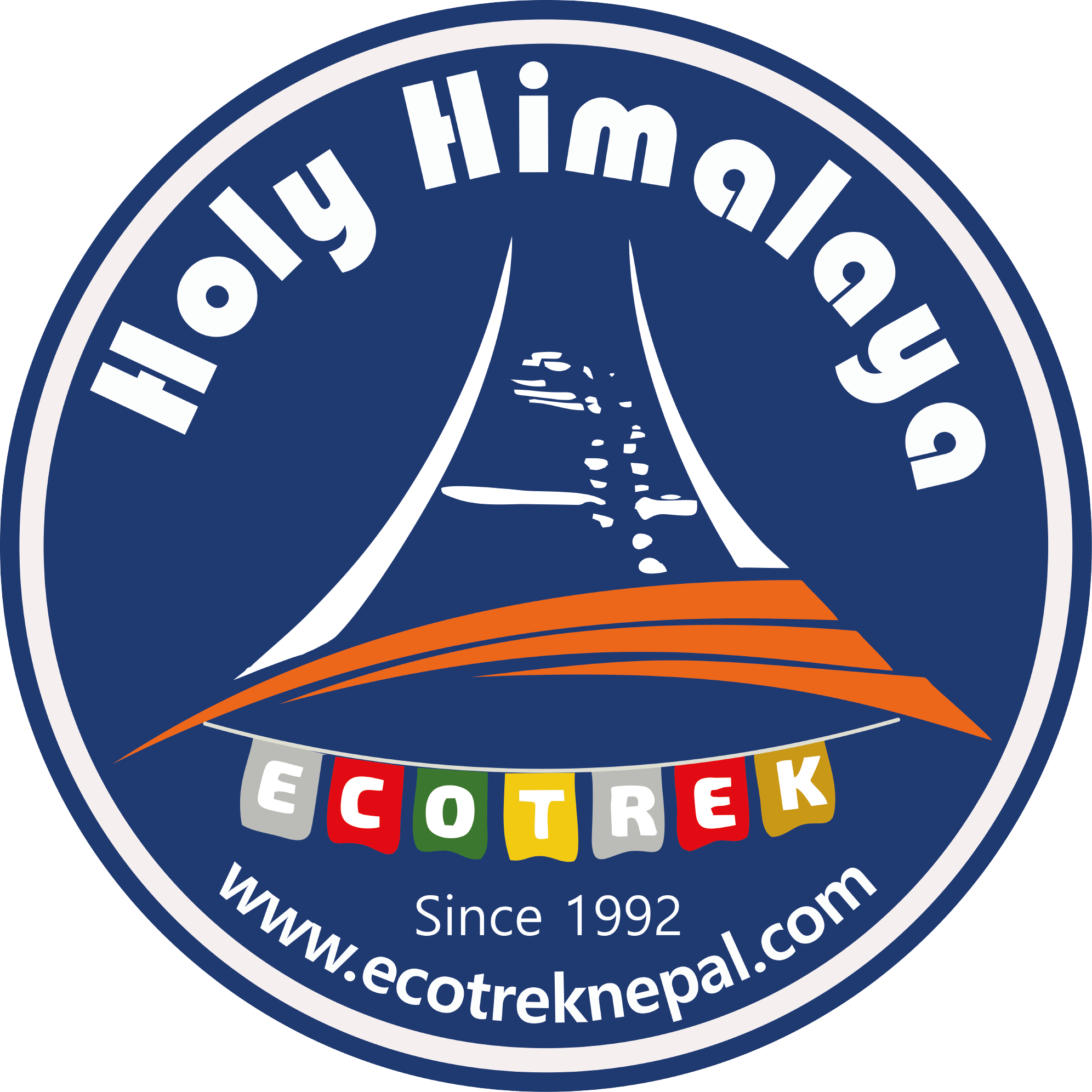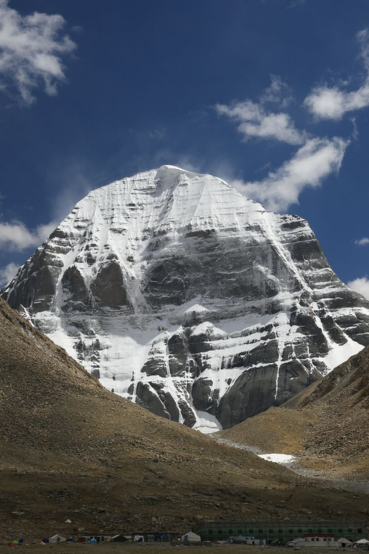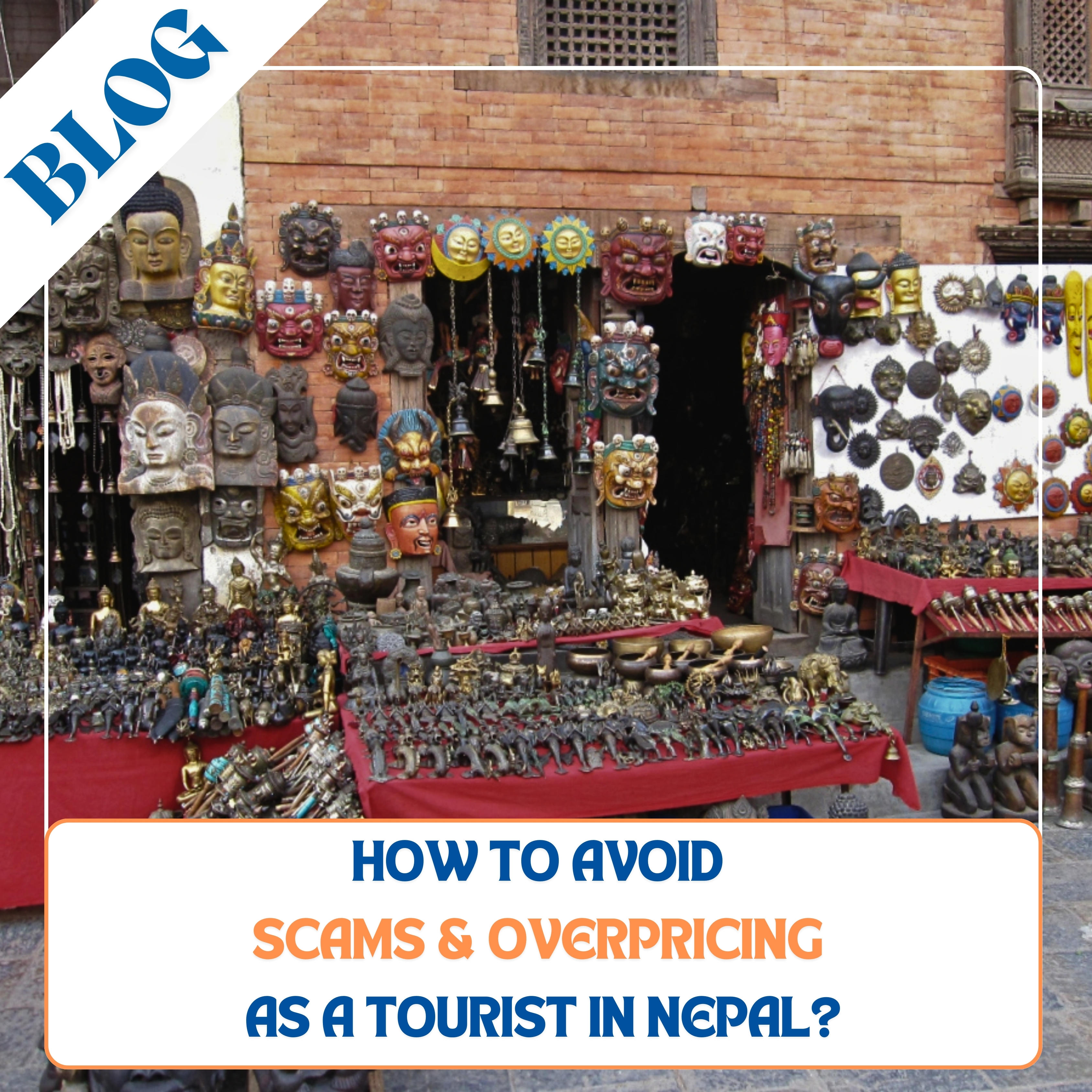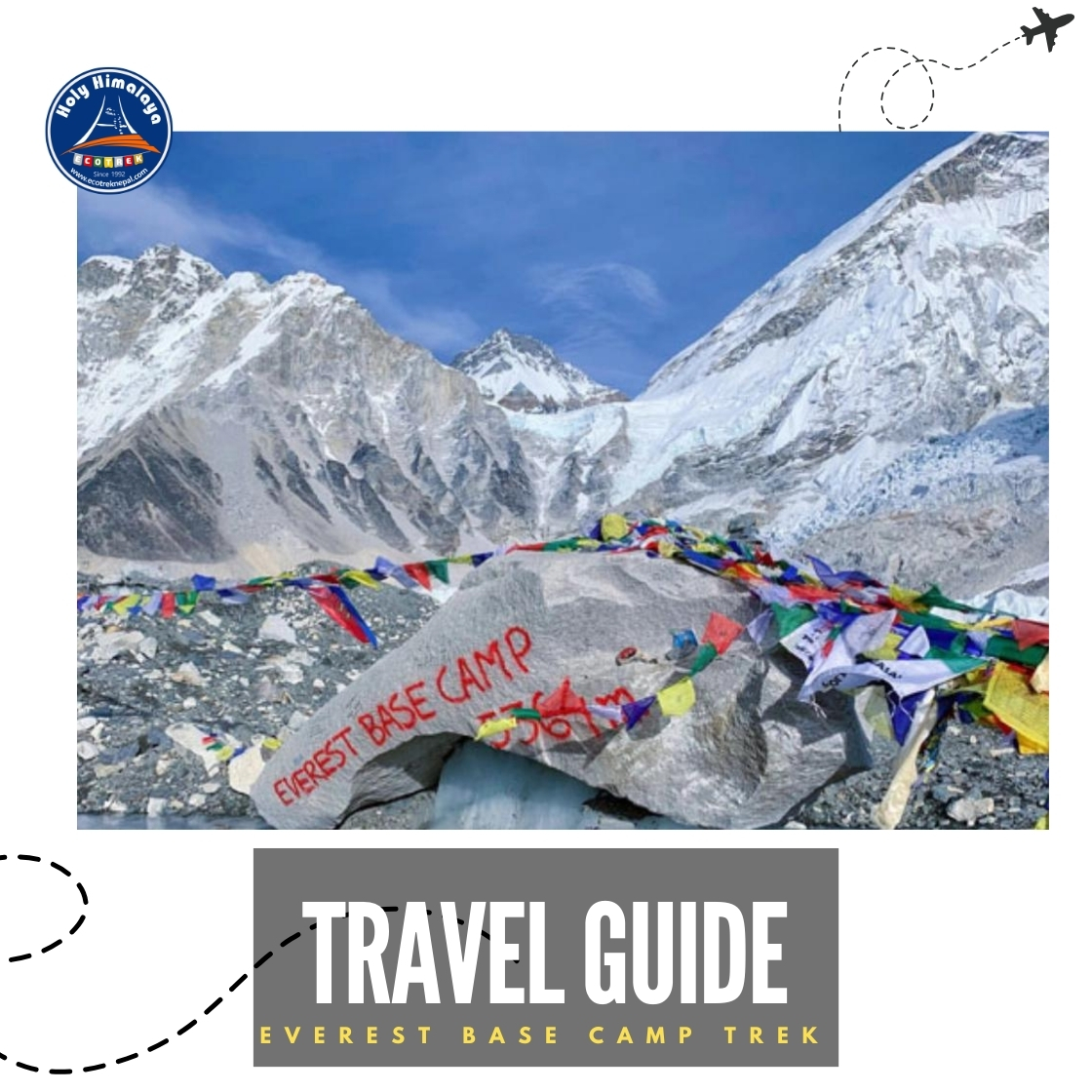Nepal is a country that has amazing natural beauty, an extremely rich culture, and adventurous activities. The experiences one will have, whether trekking through the Himalayas or exploring temples, are remarkable. However, like in most popular tourist countries, scams and overpricing of goods can occasionally take away the fun. Awareness of such scams and overpriced goods helps a traveler to avoid unnecessary problems and enjoy fully.
Fake Trekking or Adventure Companies
Many tourists dream of trekking in Nepal, but some fraudulent trekking companies take advantage of this. These companies lure people in with very low prices but fail to provide proper services. Some don’t have legal permits or insurance, and others put trekkers at risk with unsafe routes and poor planning. This can ruin a trip and even lead to dangerous situations.
A way to avoid that is always researching before booking. Find those trekking companies officially registered with the Nepal Tourism Board and TAAN. Check the online reviews or ask other travelers for recommendations. A genuine company will arrange for all permits that include the Trekkers' Information Management System, known as the TIMS card. Never pay in cash without receipts because it may affect tracking your money in case an issue arises.
Overcharging Taxis and Transportation Scams
Transportation in Nepal is tricky for tourists. Many taxi drivers simply refuse to use meters and jack up the prices many times the actual price. Others take roundabout routes to raise the fare. This is very common, particularly near the airport and Thamel area of Kathmandu.
To avoid this, always insist on using the meter. If the driver refuses, negotiate a fair price before getting in. You can also use ride-hailing apps or pre-book transportation from a reliable source. Knowing the standard rates for taxis can help you recognize when you’re being overcharged. If a driver approaches you and offers a ride without you asking, it’s usually best to decline and find an official taxi instead.
Fake Currency Exchange Scams
Some street money changers offer exchange rates that seem too good to be true—and they usually are. They might give counterfeit money or shortchange you during the transaction. In some cases, scammers swap real bills for fake ones when you’re not paying attention.
For your safety, always change your money through banks or licensed exchange centers. Avoid changing any money on the street and from small unregistered shops. Before you leave the counter, count your money and make sure that you have been given the correct amount. Knowing the official exchange rate may help you avoid being fooled with bad rates.
Unauthorized Guides and Tour Operators
You will also come across many persons who will promise to act as your guide for very minimal amounts. Although a few of these might be genuinely helpful, most of the unofficial guides are without training and will lead you into high-priced shops on commission, while others might even take you into unsafe locations or mislead you.
For a good experience, always hire licensed guides who are affiliated with registered companies. Read reviews from other travelers on websites such as TripAdvisor before booking a guide. A professional guide will have an official identification card, so don't be afraid to ask for one.
Overpriced or Fake Souvenirs
Shopping for souvenirs is part of the fun when traveling, but here in Nepal, some vendors just overcharge the tourists. Fake handicrafts, low-quality pashmina, and fake gemstones are sold at high prices, making tourists believe they are buying Nepali products.
To avoid this, visit multiple stores before purchasing to compare prices. Trusted stores recommended by locals are usually a better choice than tourist hotspots. Bargaining is common in Nepal, but it should be done respectfully. If you’re buying pashmina, look for the “Chyangra Pashmina” label, which guarantees authenticity.
Phony Trekking Permits
Some scammers sell fake trekking permits, which can cause problems when you reach trekking checkpoints. If caught with a counterfeit permit, you may have to pay heavy fines or even be denied access to your trek.
To prevent this, always get your permits from the Nepal Tourism Board or a registered trekking company. Verify that the details on the permit match your passport information to ensure everything is correct.
Misleading Trekking Itineraries
Some trekking companies promise exciting itineraries but change the route once the trek starts. This can lead to disappointment, as trekkers might not get to visit the places they were expecting.
To avoid this, read the itinerary carefully and make sure all details, including distance, altitude, and accommodation, are mentioned. Ask for a written agreement before making any payments. You can also join trekking forums to ask other trekkers for recommendations on reliable companies.
Common Street Scams
Several scams in Nepal target unsuspecting tourists. One common trick is city guide scams, where someone offers free guiding services but takes tourists to expensive shops to earn commissions. Another scam involves fake charity collectors who ask tourists for donations to orphanages or schools that don’t exist. There is also a begging scam where women with children ask tourists to buy overpriced milk powder, which they later return to the shop for cash.
To stay safe, hire guides from licensed tour agencies and donate only to registered NGOs with verifiable records. If someone approaches you asking for money or gifts, it’s best to politely decline and walk away.
Helicopter Rescue & Evacuation Scams
Some trekking agencies offer very cheap trekking packages and later force tourists into unnecessary helicopter rescues to claim insurance money. In some cases, they exaggerate altitude sickness symptoms and pressure trekkers to agree to an expensive evacuation.
To prevent this, always book with reputable trekking companies that have good reviews. Be cautious of extremely cheap packages, as they often come with hidden risks. Make sure you fully understand your travel insurance policy so that you are covered only for genuine emergencies. If a helicopter evacuation is suggested, consult multiple sources before agreeing to it.
Dishonest Vendors and Tourist Area Cheats
Vendors in busy tourist areas sometimes charge tourists much higher prices than locals. Some might trick customers into paying extra by claiming there was a mistake in the bill or by charging hidden fees.
To avoid this, try shopping in less touristy areas where prices are more reasonable. Always confirm the total price before purchasing to avoid surprises. If paying by credit card, check that the correct amount is entered into the payment machine.
Staying Safe in Nepal
To have a safe and enjoyable trip to Nepal, always book activities through reputable companies. If an offer seems too good to be true, it probably is. Keep emergency contacts saved, including local police and your country’s embassy, in case you need help. Use government-approved exchange centers for money transactions, and stay alert in crowded places to avoid pickpocketing.
Conclusion
Nepal is a beautiful country with kind and welcoming people, but like any tourist destination, it has its share of scams. By staying informed and taking simple precautions, you can avoid being tricked and enjoy your trip without worries. Always choose trusted companies, verify information before making payments, and trust your instincts if something feels off. With proper planning and awareness, your journey to Nepal can be smooth, memorable, and hassle-free.








